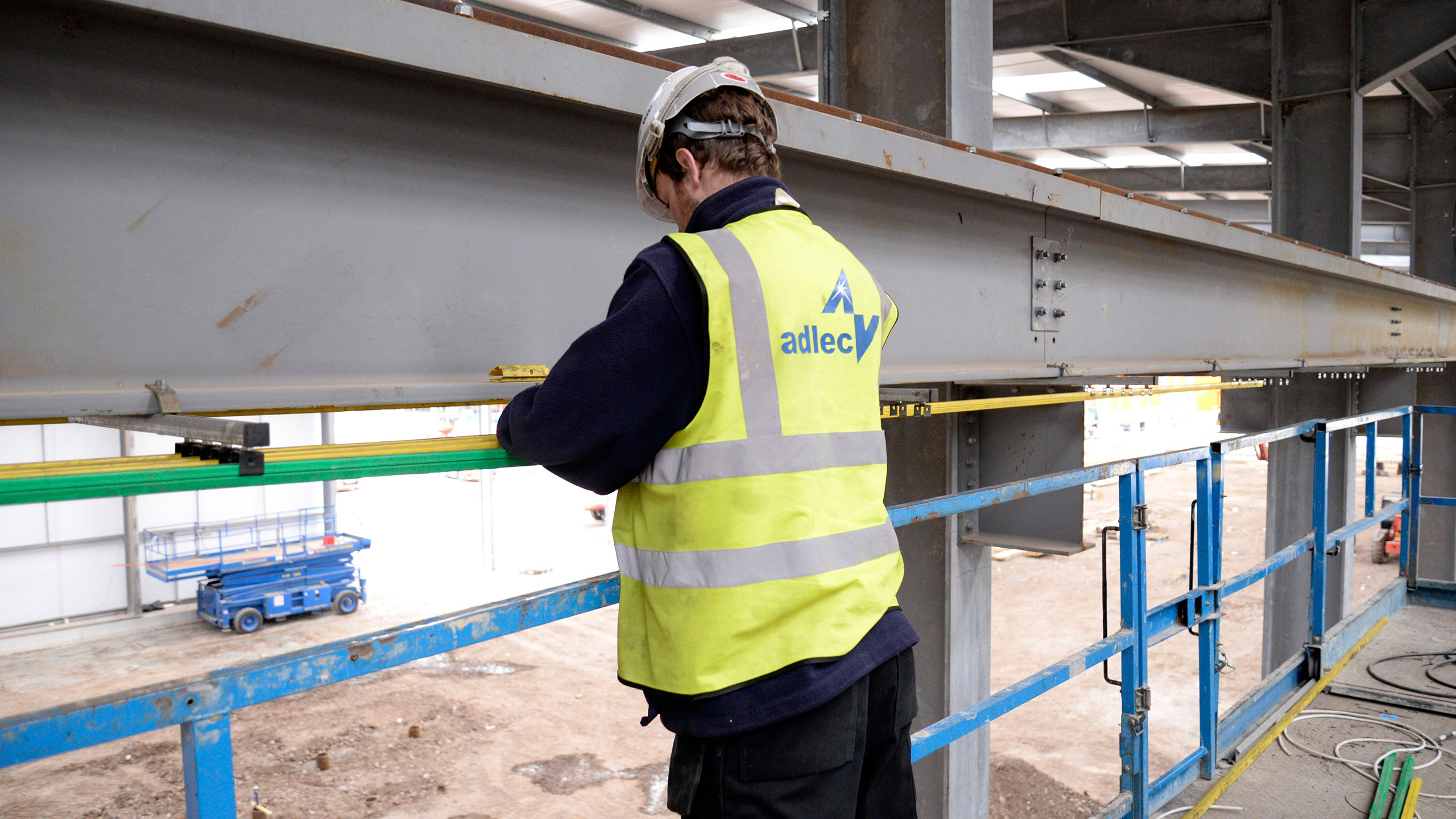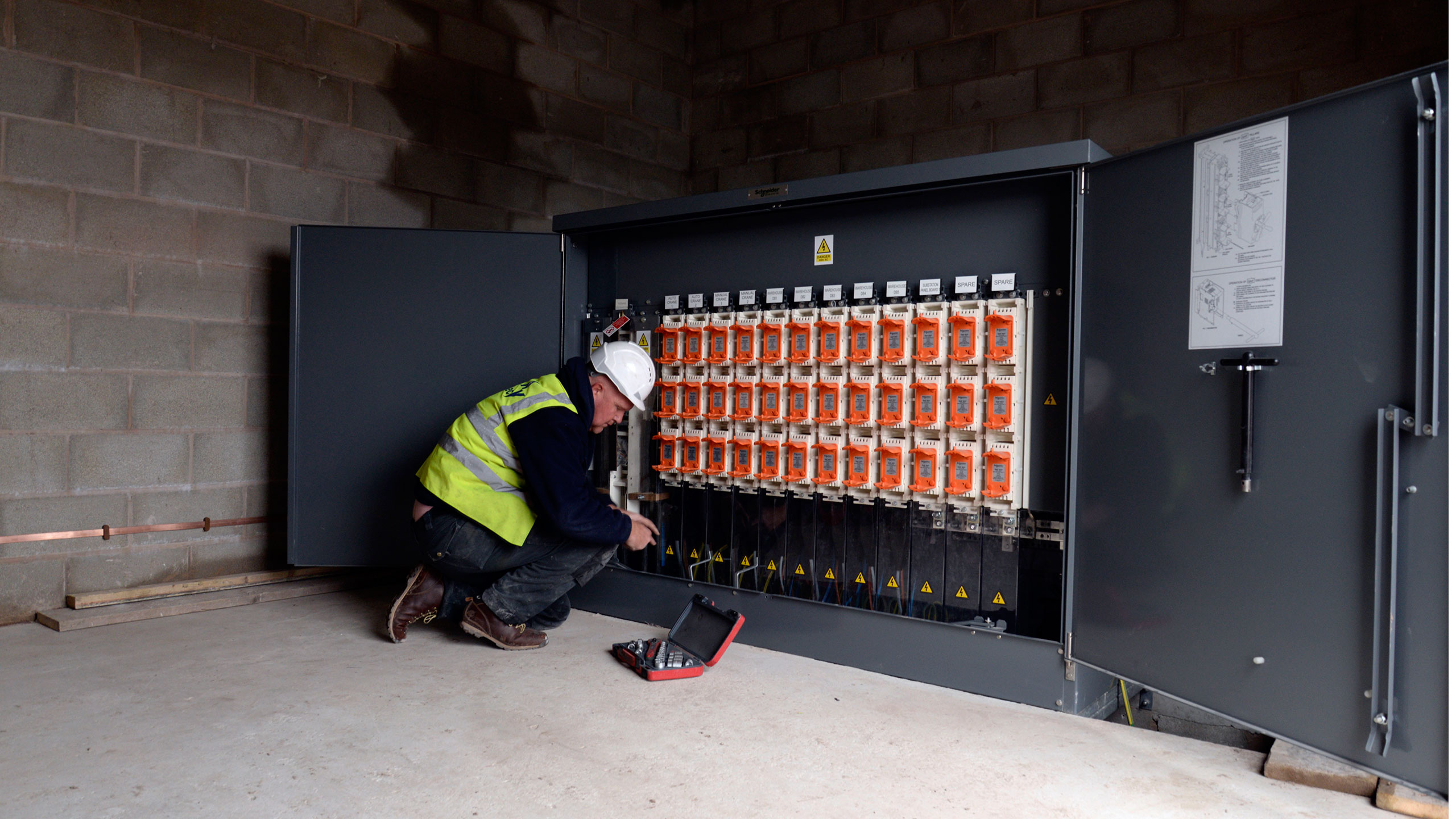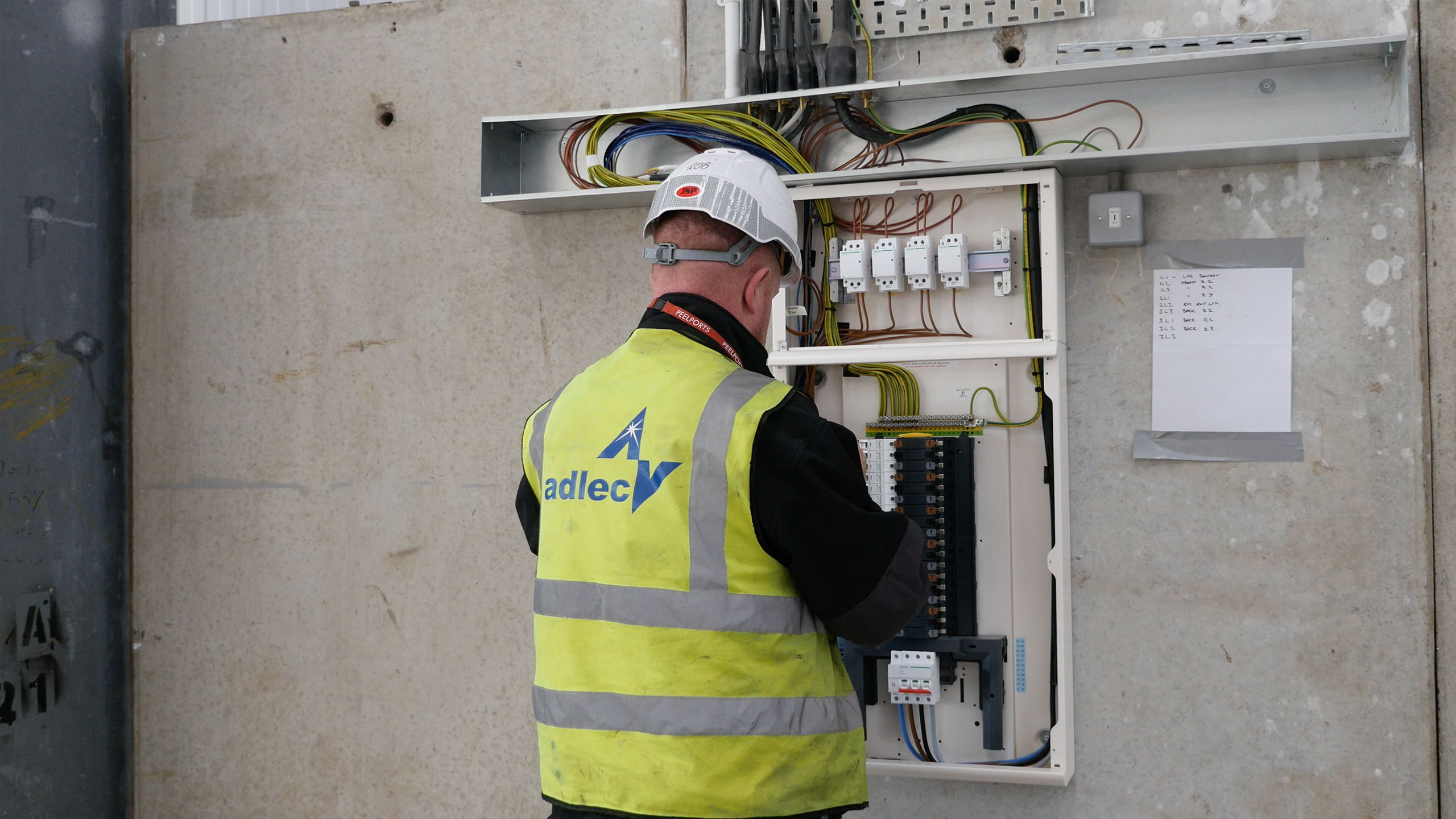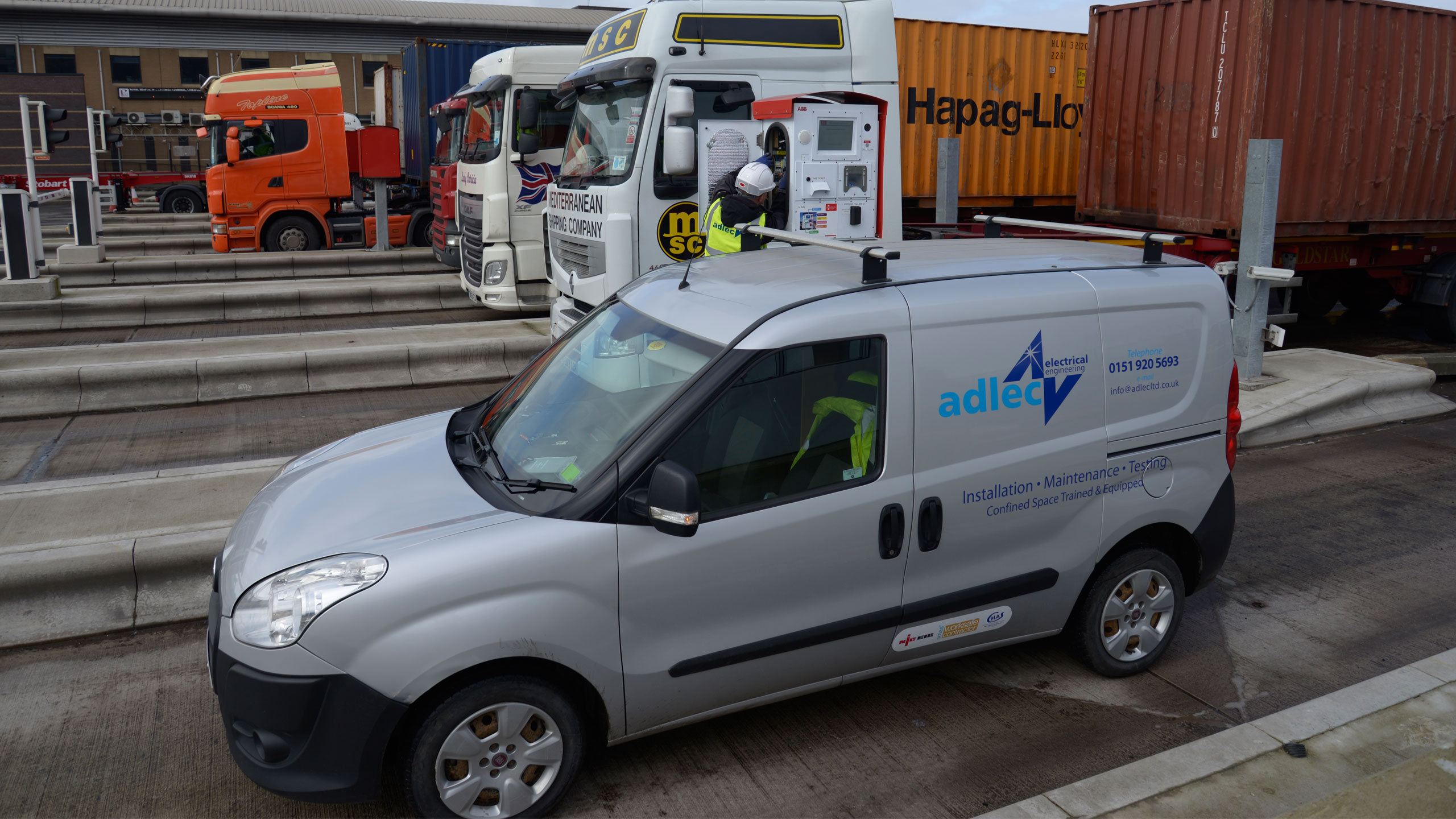Fixed Wire Periodic Test Inspection
Adlec offer a full testing and inspection service on all Industrial, Commercial, Agricultural andDomestic properties.
We don’t only diagnose the problem but we also offer our customers a remedial solution to repair any defects found during the test and inspection process. Our electrical installations division will prepare a no obligation quotation to repair any deviations from BS7671 and provide the required certification in each case.
Our engineers are qualified to City & Guilds 1 & 2, City & Guilds 2377, 2391 inspection & testing standard and are 17th Edition graded.
All non-domestic electrical installations should be subject to programme of regular testing and inspection. This is due to throughout an electrical installations operational life it suffers damage and deterioration, therefore its essential to inspect and test to maintain a safe operational installation to comply with the requirements of The Electricity At Work Regulations 1989 (BS7671), which provides guidance on how systems must be designed, installed and maintained. Deviations from this British Standard are most likely to be the cause of any problems. So you must ensure that all necessary precautions have been taken to reduce the risk of injury or death through electrical failure.
There are so many reasons for adopting periodic testing. You may need to inspect and test to comply with the IEE Wiring Regulations 17th Edition. Or if you have recently acquired ownership or tenancy of business / workplace premises you may wish to ensure the installation are safe. If you suspect there is a fault or risk of failure, you must take steps to inspect the affected circuits urgently.
The processes involved are similar to that of PAT, in that a thorough visual inspection is first carried out then several electronic tests are carried out by injected test voltages and current through the system to determine the integrity and functionality of cables, accessories and disconnection devices. This form of test and inspection is paramount to safety in the workplace.
Our report identifies and classifies problems according to the I.E.E scale:
- Requires urgent attention
- Requires improvement
- Requires further investigation
- Does not comply with BS7671 (this does not necessarily imply that the installation is unsafe)
When is it needed?
The IEE recommends the maximum period between periodic inspection and testing is:
- Domestic – 10 years or change of occupancy
- Commercial – 5 years or change of occupancy
- Residential Accommodation – 5 years
- Buildings open to public – 3 – 5 years
- Industrial Buildings – 3 years
- Special locations eg. Swimming Pools – 1 year
Other instances when a periodic inspection should be carried out are:
- When a property is being prepared to be let
- Prior to selling a property or when buying a previously occupied propert
New Installations, Alterations & Additions to existing Installations
Adlec offer a full testing and inspection service on all new installations and alterations to Industrial,Commercial, Agricultural and Domestic properties.
Every electrical installation during erection and on completion before being put into service is required to be inspected and tested, this requirement also applies to alterations or additions that include the provision of a new circuit to an existing installation (for domestic installations see Part P) This is a requirement of the IEE Wiring Regulations 17th Edition,
Adlec can provide an independent inspection, test and certification of new installations including a first fix inspection to ensure the installation meets BS7671 and appropriate Building Regulations relevant to electrical work. We also offer a specific service to assist clients in meeting their local Building Control requirements with regard to electrical ‘notifiable’ work.
Adlec are registered NICEIC contractor and we our licence is specifically defined to allow us to inspect, test and certify any electrical contractor”s work.
The test and inspections would include:
- Visual inspection
- Characteristics of supply at the origin of the installation
- Protective conductors continuity test
- Ring Circuit Continuity
- Insulation resistance test
- Polarity
- Earth electrode resistance
- Earth fault loop impedance test
- Operation of residual current devices
- Prospective fault current
- Site applied insulation and insulation of non conducting floors and walls

PAT Testing
Adlec offer a full PAT testing (portable appliance) to Industrial, Commercial, Agricultural andDomestic properties.
The level of inspection and testing required is dependant upon the risk of the appliance becoming faulty, which is in turn dependant upon the type of appliance, the nature of its use and the environment in which it is used and can be discuss when we come invest the site or over the phone.
The Health & Safety at Work Act (1974) places such an obligation in the following circumstances:
- 1. Where appliances are used by employees.
- 2. Where the public may use appliances in establishments such as hospitals, schools, hotels, shops etc.
- 3. Where appliances are supplied or hired.
- 4. Where appliances are repaired or serviced.
- 5. Landlords also have a duty to take certain precautions against injury or death
Pat testing or portable appliance testing is an important part of any health & safety policy.
The Health & Safety Executive states that 25% of all reportable electrical accidents involve portable appliances. The Electricity at Work Regulations place a legal responsibility on employers, employees and self-employed persons to comply with the provisions of the regulations and take reasonably practicable steps to ensure that no danger results from the use of such equipment. This in effect requires the implementation of a systematic and regular program of maintenance, inspection and testing.
The laws promoted by the HSE and other organisations are designed to improve safety for all in the workplace and other public areas or buildings. With a simple, systematic PAT testing regime you can comply with legislation and ensure that your workforce, your customers and your people are fully protected.




